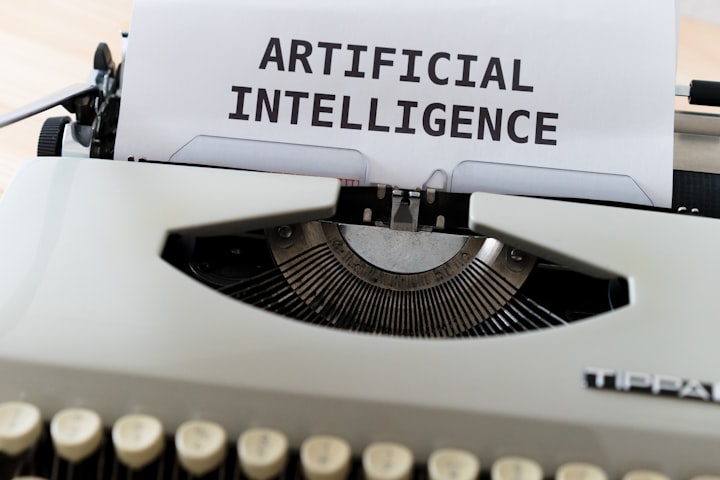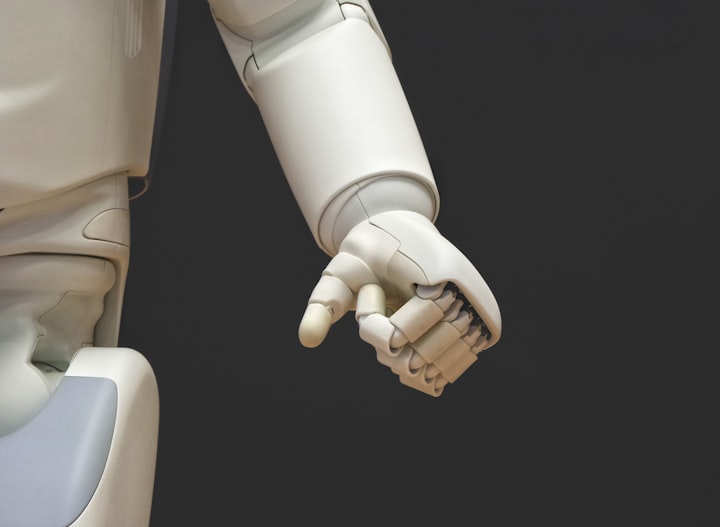The Chemistry of Artificial Intelligence: Predicting Properties and Designing Materials
Exploring the Applications and Advancements of AI in Chemistry

Artificial Intelligence (AI) has the potential to transform many industries, including science. In the field of Chemistry, AI is being used to predict the properties of molecules and design new materials with specific properties. In this article, we will explore some of the applications of AI in Chemistry and the recent advancements in this field.
Section 1: Predicting the Properties of Molecules
One important application of AI in Chemistry is in predicting the properties of molecules. Machine learning algorithms can be trained on large datasets of molecular structures and their corresponding properties to identify patterns and relationships. This can be used to predict the properties of new molecules that have not yet been synthesized or tested, such as their melting point, boiling point, and solubility.
One example of an AI application in this area is drug discovery. Machine learning algorithms can be used to predict the properties of potential drug candidates and identify those that are most likely to be effective. This can significantly reduce the time and cost involved in drug discovery, as well as increase the chances of success.
However, there are also limitations to using AI to predict molecular properties. One challenge is the need for large amounts of high-quality data. Machine learning algorithms require large amounts of data to learn from, and in some cases, this data may not be readily available. Another challenge is the potential for bias in the algorithms used. For example, if the dataset used to train a machine learning algorithm is biased in some way, the resulting algorithm may perpetuate that bias.
Section 2: Designing New Materials
Another important application of AI in Chemistry is in designing new materials with specific properties. Machine learning algorithms can be trained on large datasets of materials and their properties to identify patterns and relationships. This can be used to design new materials with specific properties, such as lightweight and durable materials for aerospace applications.
One example of an AI application in this area is the design of new battery materials. Machine learning algorithms can be used to identify new materials that are more efficient at storing and releasing energy, leading to longer-lasting and more efficient batteries.
However, there are also limitations to using AI to design new materials. One challenge is the need for large amounts of high-quality data on materials and their properties. Another challenge is the need to balance multiple competing properties when designing new materials. For example, a material that is lightweight may not be strong enough to withstand certain applications, while a material that is strong may be too heavy to be practical.
Section 3: Advancements in AI in Chemistry
There have been many recent advancements in AI in Chemistry, particularly in the areas of drug discovery and materials science. One recent development is the use of generative models to design new molecules with specific properties. Generative models use a neural network to learn the patterns and relationships in a dataset of molecular structures, and then generate new molecules that are similar to those in the dataset but have different properties.

Another recent development is the use of AI to predict the outcomes of chemical reactions. Machine learning algorithms can be trained on large datasets of chemical reactions and their outcomes to predict the outcomes of new reactions. This can significantly reduce the time and cost involved in chemical synthesis, as well as increase the efficiency of chemical processes.
Conclusion
In conclusion, AI has many potential applications in Chemistry, including predicting the properties of molecules and designing new materials with specific properties. While there are limitations to using AI in these areas, recent advancements in AI in Chemistry have the potential to revolutionize scientific research and industry. By understanding the applications and limitations of AI in Chemistry, we can better appreciate the impact of this technology on the world around us. This article was created for Educational purposes with the assistance of chatgpt.
About the Creator
Oscar Opten
Behind a veil of anonymity, a guide to the mysteries that lurk in the shadows. Join us on a journey to unravel the unexplained and expand your mind.





Comments
There are no comments for this story
Be the first to respond and start the conversation.